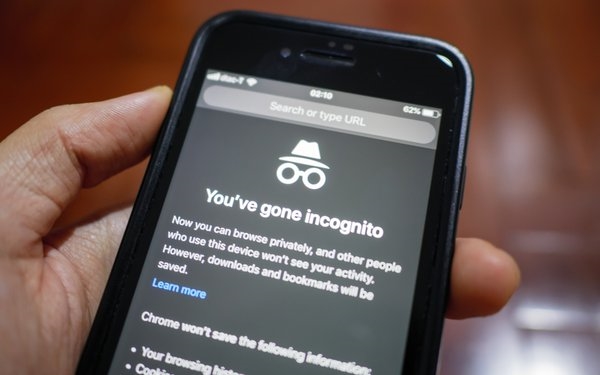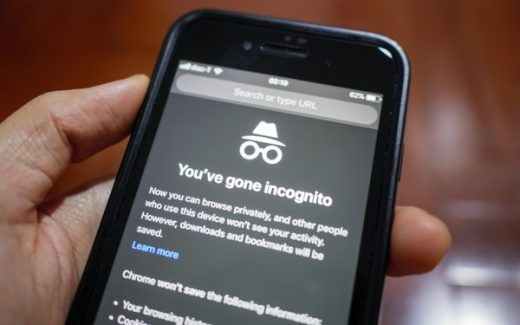Google Battles Incognito Mode Users Over Data Collection
Google Battles Incognito Mode Users Over Data Collection

Google is urging a federal judge to refuse to grant class-action status to a group of Chrome users who claim the company violates federal and California state privacy laws by collecting data about people who browse the web in “incognito” mode.
The lawsuit alleges that Google did not adequately disclose that Chrome’s incognito mode collected data about people’s online activity.
In court papers filed Friday, Google argues that even if some people were “confused” about the “incognito” setting, a “substantial number” understood that some data would be collected.
“There is wide variance in internet users’ understanding of how internet technologies work,” the company argues.
Google adds that surveys show that many people “understood the purpose of incognito mode” — which allows people to visit websites without having information about those sites stored on the device.
“While some class members may indeed have been confused, a substantial number of class members were well aware of the data collection … and believed they consented to it,” the company writes.
Google says class certification isn’t appropriate, arguing that a jury should decide on a person-by-person basis whether Chrome users understood incognito mode and consented to data collection.
“Google is entitled to argue at trial that the particular combination of information a given class member reviewed placed her on notice of the challenged conduct,” the company writes, adding that this type of “individualized inquiry cannot be conducted in a class proceeding.”
The dispute dates to June of 2020, when California residents Chasom Brown and Maria Nguyen and Florida resident William Byatt alleged in a class-action complaint that when Chrome users are in incognito mode, their visits to sites that deploy Google Analytics or Google Ad Manager result in the collection of IP addresses, browser and device information, and web pages’ content. That type of information can be used for digital fingerprinting — a controversial tracking technique that relies on characteristics of users’ devices.
Last year, a federal judge rejected Google’s request to quickly dismiss the case on the grounds that Chrome users had consented to the data collection. The company pointed to its terms of service, which incorporated a privacy policy stating that Google would receive data from third-party services.
But the judge said Google’s general disclosures in the terms of service didn’t say Google could collect information when people are in incognito mode.
“A Google user reading the general disclosure … might have reasonably concluded that Google does not collect this data from users in private browsing mode,” U.S. Circuit Court Judge Lucy Koh wrote.
She added that since May of 2018, Google’s privacy policy “has presented incognito mode as a way that users can control the information that Google collects.”
(43)


